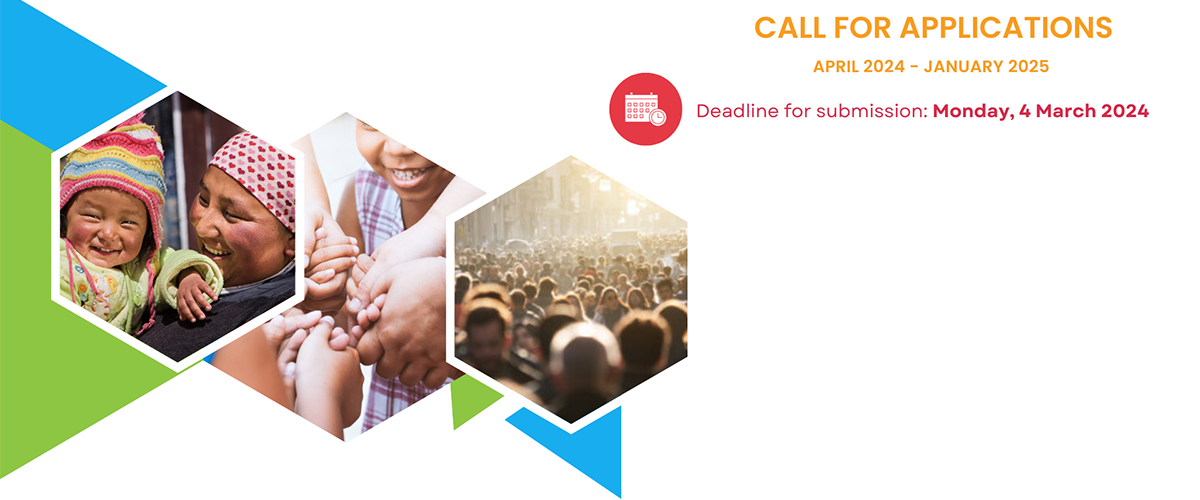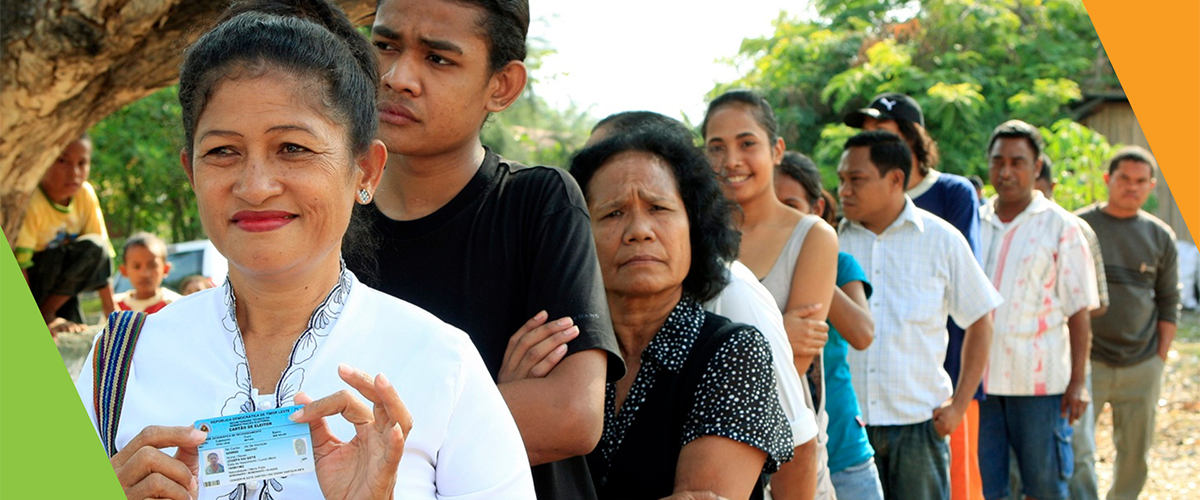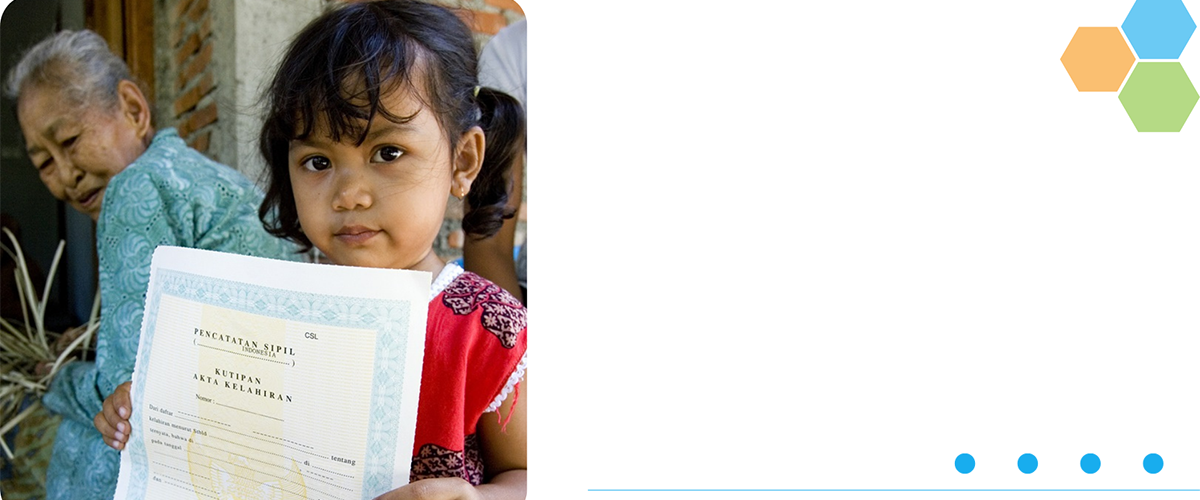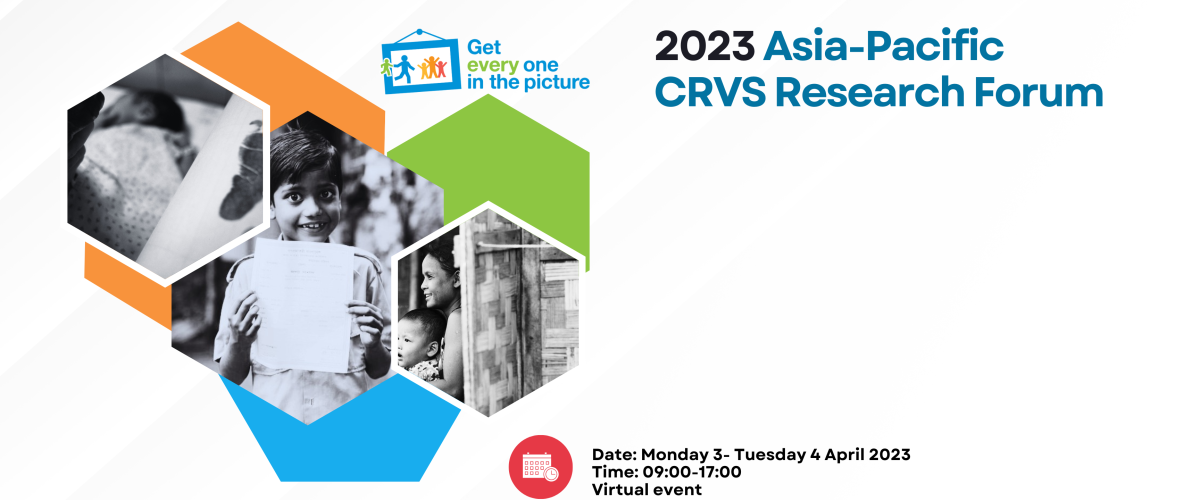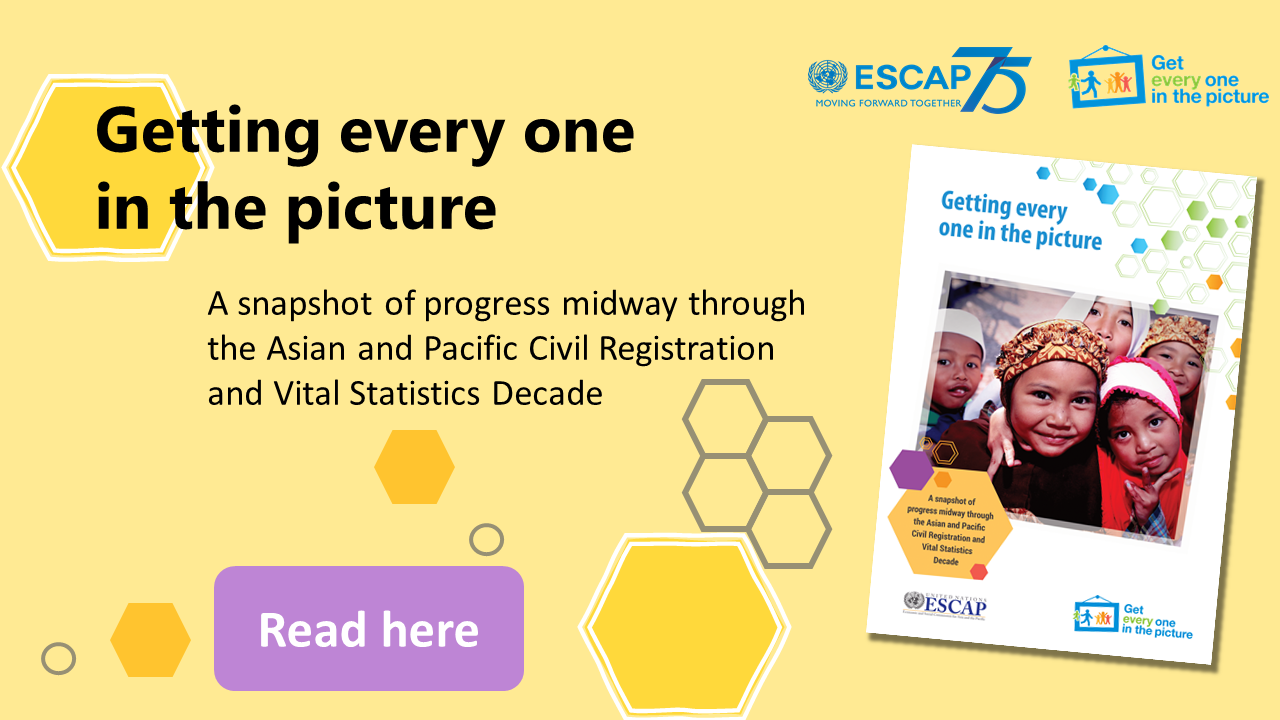Pakistan International Summit on Civil Registration and Vital Statistics (CRVS) was organized on November 28 - 29, 2018 in Islamabad. The summit was inaugurated by Federal Parliamentary Secretary for Planning, Development and Reform, Ms. Kanwal Shauzab. Participation was drawn from representatives from multiple Federal Ministries and Provincial Departments of Health, Planning, Local Governments, Law and Justice, Information Technology, National Registration Authority (NADRA) and development agencies. CRVS experts from International Partner Agencies mainly UNICEF, WB, DFID and WHO, universities and research organizations were also participated to share their experiences The summit was also attended by delegates of Maldives, Srilanka, Bangladesh and Afghanistan.
Speaking on the occasion honorable Parliamentary Secretary said that civil Registration and Vital Statistics is a comprehensive mechanism of collecting information on the frequency of occurrence of specified and defined vital events and no other system has such a potential of data collection from grass root level. She said that the Government of Pakistan recognizes that long term implementation of CRVS system is crucial for any society that aspires to have a meaningful impact on the lives of its people. It was realized that collective efforts of all government departments, private sectors, civil society and academia are required for the successful implementation of National CRVS Program. Modalities need to be worked out to improve inter-sectoral coordination and its legal dimensions. She also lauded the role of Technical Support Unit of CRVS and development partners for organizing the event of this magnitude. This would undoubtedly open new avenues with all the partners and provincial governments.
Dr Asma Hyder, Member Social Sector and Devolution at Planning Commission of Pakistan said that her Ministry under the dynamic visionary leadership of new government and its team is working with Civil society and non-governmental organizations in raising community awareness on significance of development of civil registration system.
The summit is expected to accelerate the efforts of governments and development partners to ensure that by 2025, all the citizens in the country benefit from universal and responsive CRVS systems. It is hoped that in near future CRVS Pakistan would become at par with other nations, offering universal civil registration coverage to all individuals. This would also provide legal documentation to claim identity and ensuring rights. In addition, it would offer valuable set of vital statistics for planning, development and decision-making.
Ministry of Planning Development & Reform also hosted a meeting of Civil Registrars of eight countries from South Asia (CR8) in collaboration with UNICEF on November 30, 2018 in Islamabad. The prime objective of the meeting was to boost the CR8 network and provide inputs to make it efficient, understand CR systems of the eight countries from South Asia to find common grounds for working together. This high-level regional meeting was attended by technical participants from Afghanistan, Bangladesh (online), Maldives, Pakistan. Whereas participants from Nepal, Sri Lanka were also present at the meeting. Observers such as senior managers and heads of international agencies also attended the meeting.

